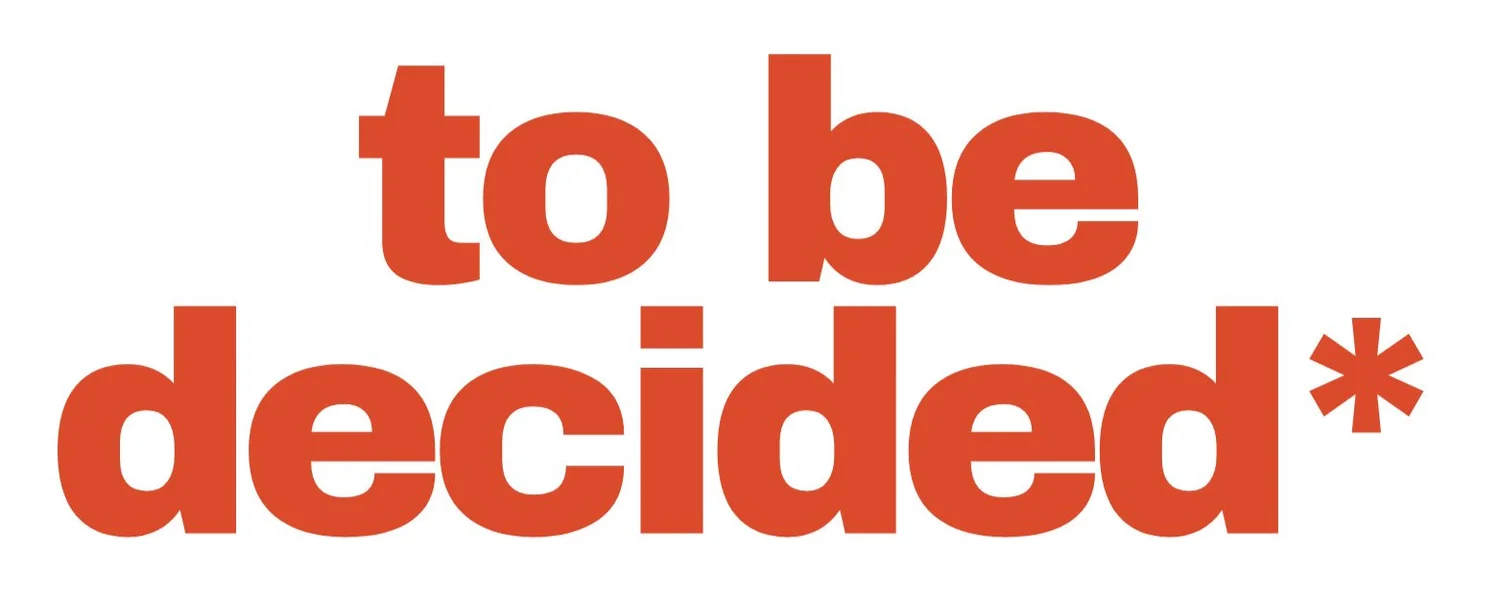William Gregson B.A. in Political Science at the University of Calgary
Abstract
With Donald Trump’s election in the United States and the Brexit campaign’s success in the United
Kingdom, mainstream discourse popularized the notion that a new political era known as “post-truth” was being ushered in. According to the proponents of the concept, the newness of this era is characterized by an “ideological supremacy” over truth, in which truth has been “eclipsed” in politics. This article argues that this understanding of post-truth hits a theoretical double dead-end: (1) it does not provide the tools to adequately inquire into what exactly is new about our political present; and (2) by upholding the truth/ideology dichotomy and thereby dismissing this new political trend simply as delusional, it neglects the social and political reasons for why people have en masse gravitated towards a new form of politics. This article presents an alternative account of the post-truth phenomenon through an engagement of Louis Althusser’s theory of ideology that serves to problematize the faulty concept of post-truth while nevertheless shedding light on the new political phenomenon that the post-truth analysis attempts to
understand. I argue that the concept of post-truth is merely a new manifestation of ideology which attempts to answer real social questions in an illusory manner, highlighting the continuities between so-called post-truth politics and other oncoming crises in liberal democracy.
